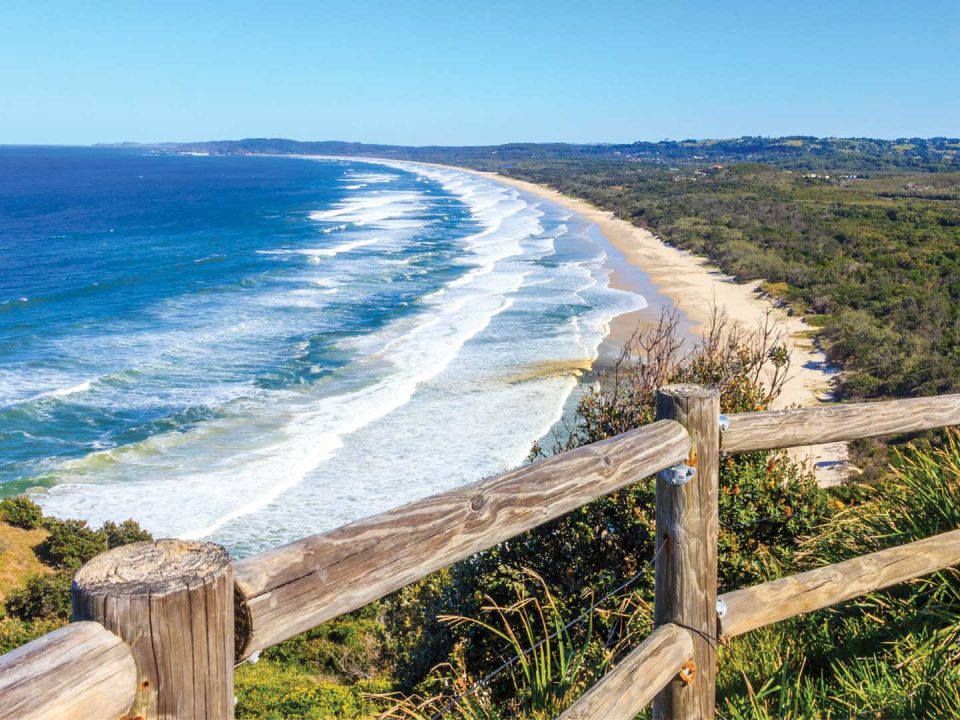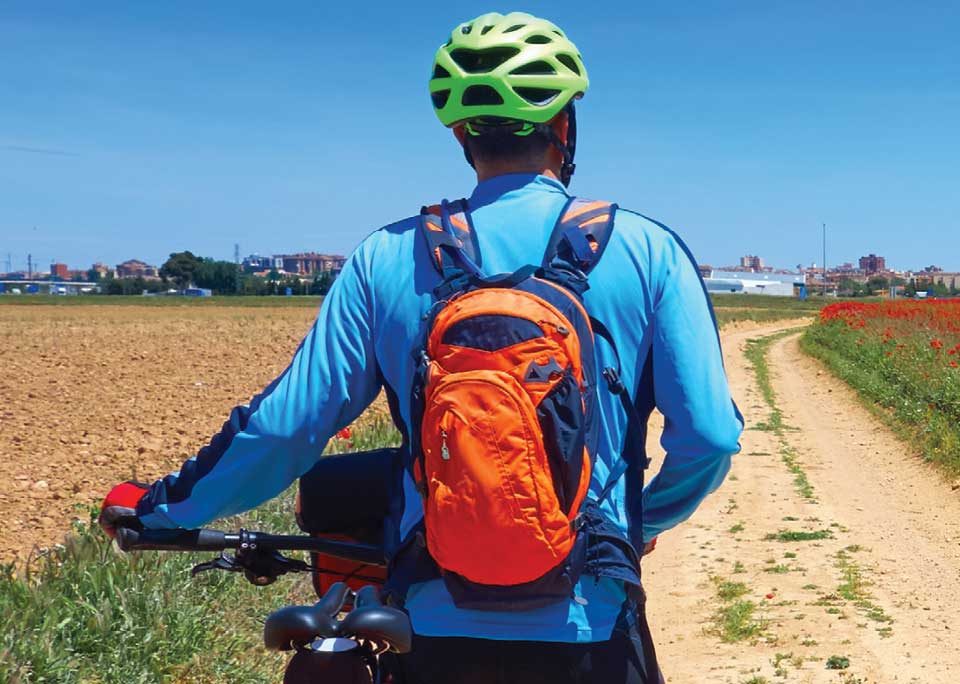Travel can be an enriching experience, which leaves you with memories that evoke joy and…
HAPPY HIKING

HERE’S WHAT TO EXPECT FROM COACHELLA AND STAGECOACH IN 2022
March 2, 2022
FAST TRACK
March 4, 2022THE JOY OF TREKKING
BY Pallavi Pinakin
Few activities are as refreshing or immersive in nature as time spent outdoors and trekking! So here’s our guide on how to enjoy a smooth and fulfilling trekking experience…
DEFINE YOUR GOAL Do you want a few leisurely days in the hills with a spot of birdwatching or to simply recharge your batteries amid flora and fauna?
Or would you prefer to challenge yourself to a week high up in the mountains, roughing it out in unknown terrain?
Your preferred style will help you decide the right type of trek, gear and fitness preparation.
FITNESS COUNTS! Evaluate your current health and comfort levels in the outdoors before embarking on a trek. Easy trails offer well-defined paths with food, medical aid and guidance. These also tend to be closer to civilisation with the option of opting out if the hike proves too strenuous.
Difficult trails can be extremely challenging, and require higher levels of fitness and prior experience. These routes are usually uphill and pass through remote areas in harsh weather conditions.

If you lead an inactive lifestyle, it’s best not to be too ambitious on your first trek. It will be gruelling and may cause you to give up trekking forever! But if you’re in good shape, you can confidently take on a moderate trail… even if you’ve never trekked before.
BE IN GOOD SHAPE Prepare in advance. In the weeks leading up to your journey, choose the stairs over the elevator to train your legs and prep for the altitude by taking cold showers at home.
Practise carrying a loaded backpack to get used to the weight and hone your sense of balance. Cut out alcohol and smoking in the week before your trek begins.
PACK SMART Research the surrounding areas, routes and local weather conditions before packing. It’s better to carry multiple layers rather than designated summer or winter wear such as summery shirts or heavy jackets. That way, you can peel off a couple of items once you warm up and put them back on later.
Sturdy, comfortable walking shoes are essential since they can make or break your trekking experience. Carry a flask of water, rainproof gear, emergency snacks and a first-aid kit.
Be kind to the environment and leave as few traces as possible. Start up and extinguish fires responsibly, put all nonbiodegradable waste in rubbish bins en route and be conscientious about what lies downstream when bathing or washing in a river.







